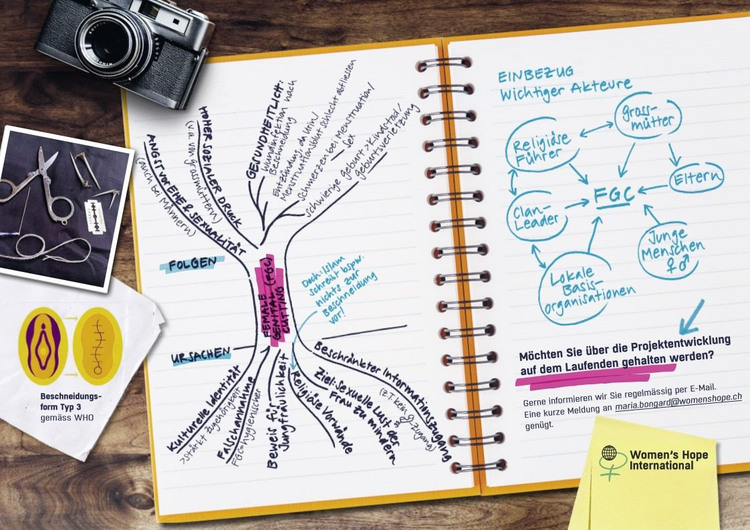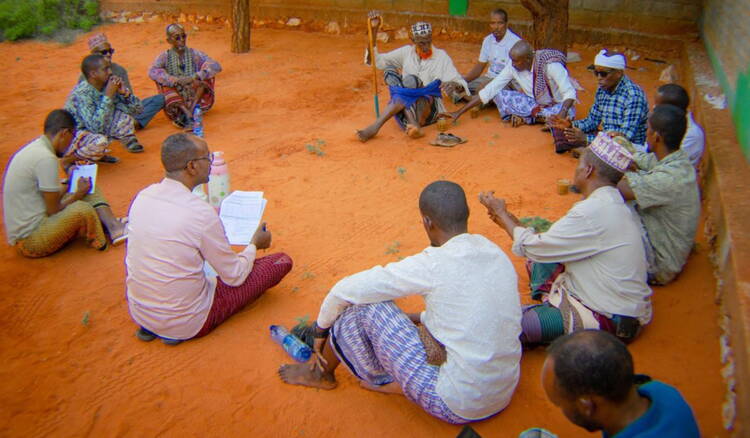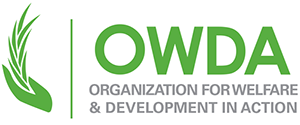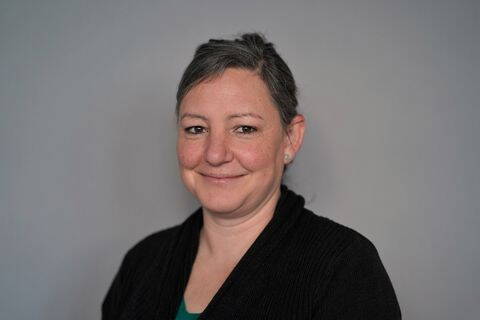Say No! - Fighting Female Genital Cutting Together
Female Genital Cutting is still deeply rooted in Ethiopian society, although the state officially prohibits the practice. Causes include ideologies embedded in society and widespread misconceptions, such as the belief that Female Genital Cutting is more hygienic and protects against disease. A new project in the Somali region aims to empower women to stand up for an unharmed body.

After discussions with various stakeholders: Stocktaking on the subject.
Our goal
The project contributes to the elimination of all forms of Female Genital Cutting in the Somali region of Ethiopia.
Overview
In the Somali region of Ethiopia, in the eastern part of the country, almost all women are circumcised. Most of them live with the most distinctive form of Female Genital Cutting. Their external genitals are partially or completely removed; the wound is then stitched up. What remains is a small opening for urine and one for menstrual blood. The women suffer from the serious consequences of the practice for the rest of their lives. In addition to chronic health and psychological problems, FGC als contributes to a massive increase in maternal and infant mortality. Although there are no health reasons for Female Genital Cutting, the communities and especially mothers and grandmothers carry on the tradition because the social pressure is enormous. Most people in the project region associate FGC with a women's "purity" and "virginity". Female Genital Cutting therefore increases a women's marriageability and social acceptance.
What we do
To save future generations of girls and women from this harmful practice, attitudes in society must change. Therefore, the project envisions a holistic approach involving all key stakeholders. Activities include...
...the formation of a network between health facility staff, circumcisers and local government. Such a platform provides an opportunity for discussion and exchange on the health consequences of FGC.
...the creation of counseling centers affiliated with health centers on all issues related to FGC.
...the establishment of Safe Spaces for women and girls, which facilitate discussions about the causes and consequences of FGC, traditional gender norms and sexual and reproductive health.
...conducting awareness campaigns that educate community members about the negative consequences of FGC.
...organizing discussion forums in which men, boys and religious leaders share ideas about gender norms, masculinity and the practice of FGC.
Our goals
Health center staff are better trained to treat illnesses and complications that arise as a result of Female Genital Cutting. Appropriate health services are available and accessible to community members.
Women and girls are empowered to make decisions. They advocate against all forms of Female Genital Cutting and demand their right to bodily integrity.
Deeply held attitudes about FGC are changing positibely in communities and the abolition of FGC is being discussed publicly.
Clan leaders play a decisive role in shaping the discourse on Female Genital Cutting. Pictured here: a staff member of our local partner OWDA talking to tribal leaders.
Sustainability
A key feature of the project is the strong community participation and mobilization. It takes a participatory approach to planning, implementing, and monitoring project activities, regularly involving the government, community representatives, and other stakeholders. The project takes into account cultural, normative and religious aspects of all stakeholders. This approach will help ensure that the project achieves its objectives, has an impact, and is supported by the community.
Has our work convinced you? Then support Women's Hope International for a sustainable improvement of maternal health today! Thank you very much!
Overview:
Country:
Ethiopia
Period:
01.05.2023 - 30.04.2025
Local partner:
Organisation for Welfare and Development in Action (OWDA)
Target groups:
Girls and women affected by Female Genital Cutting. Young men and relatives.
Project location: Somali region, Ethiopia
Local partner
Organization for Welfare and Development in Action (OWDA) is a local organization from the Somali region and has been active since 1999. The organisation's goal is to contribute to sustainable development in the Somali region, which is heavily affected by natural disasters and conflicts.
Programme Manager (ad int.)
Female Genital Cutting
We deliberately refer to Female Genital Cutting rather than Female Genital Mutilation because the women we work with can better identify with it. We respect that they do not feel mutilated, but circumcised.




